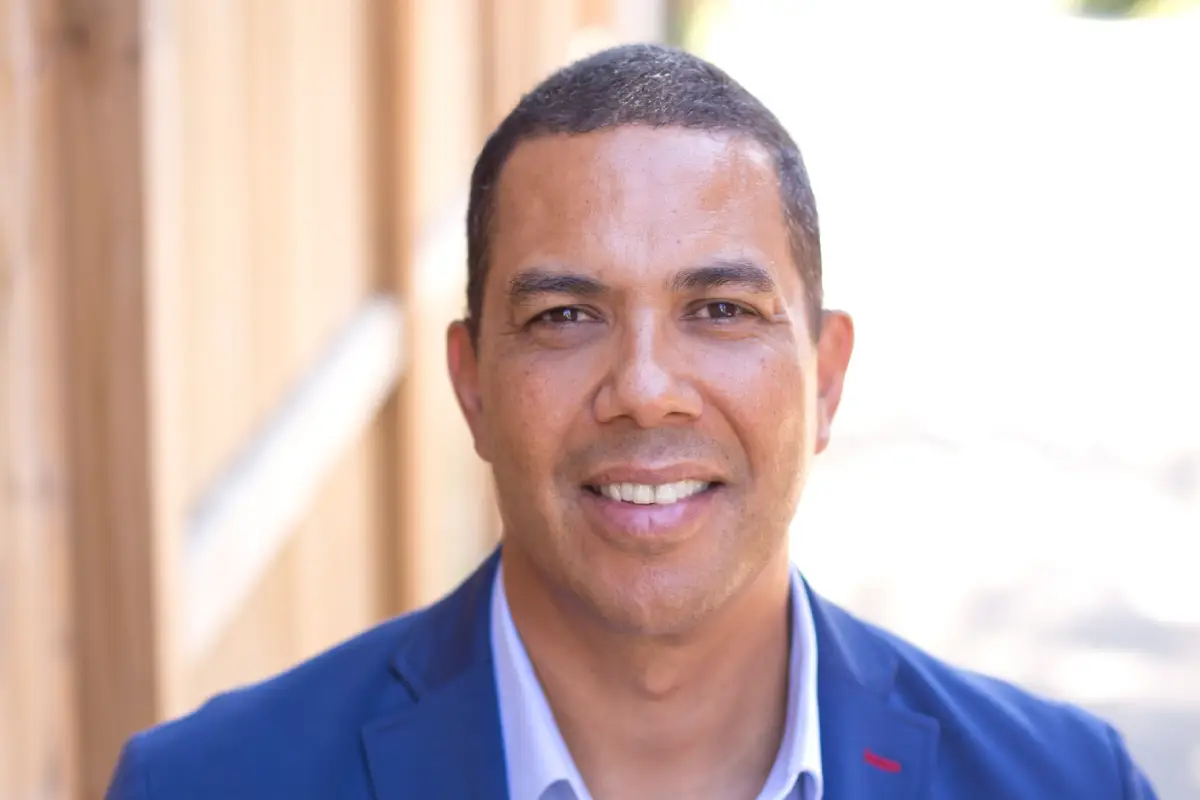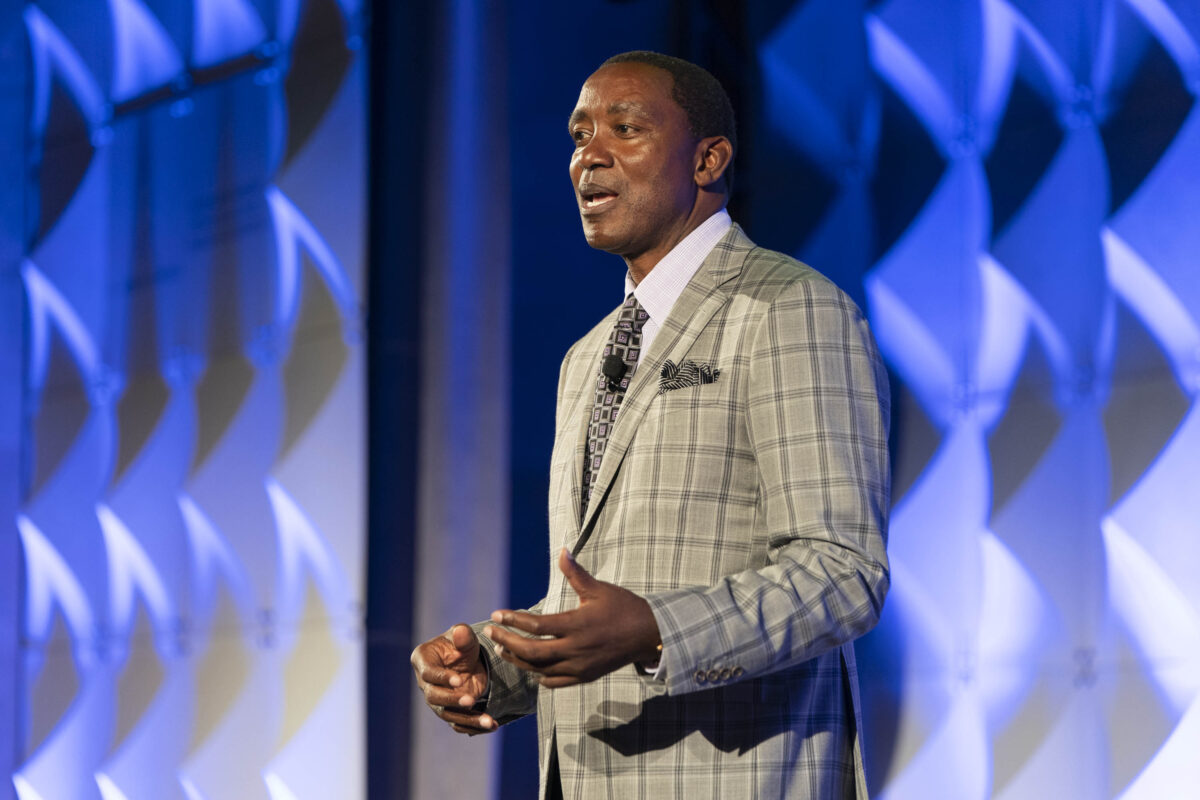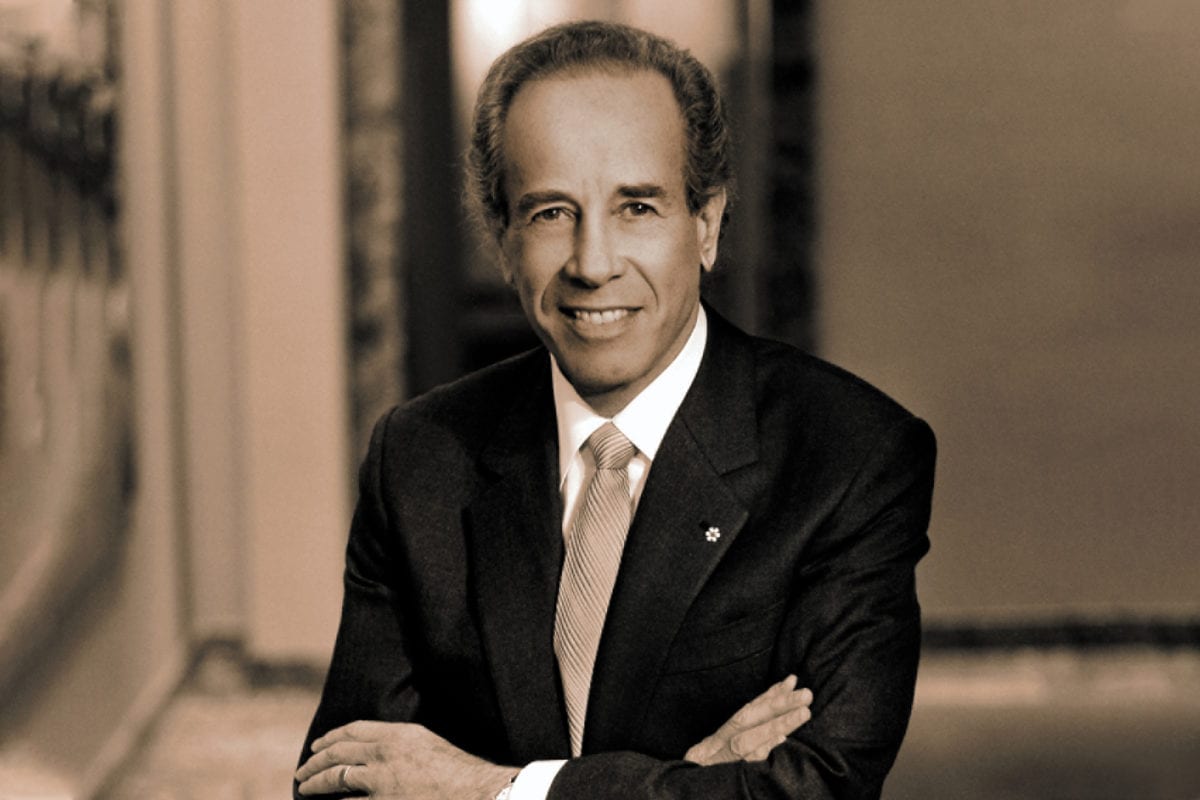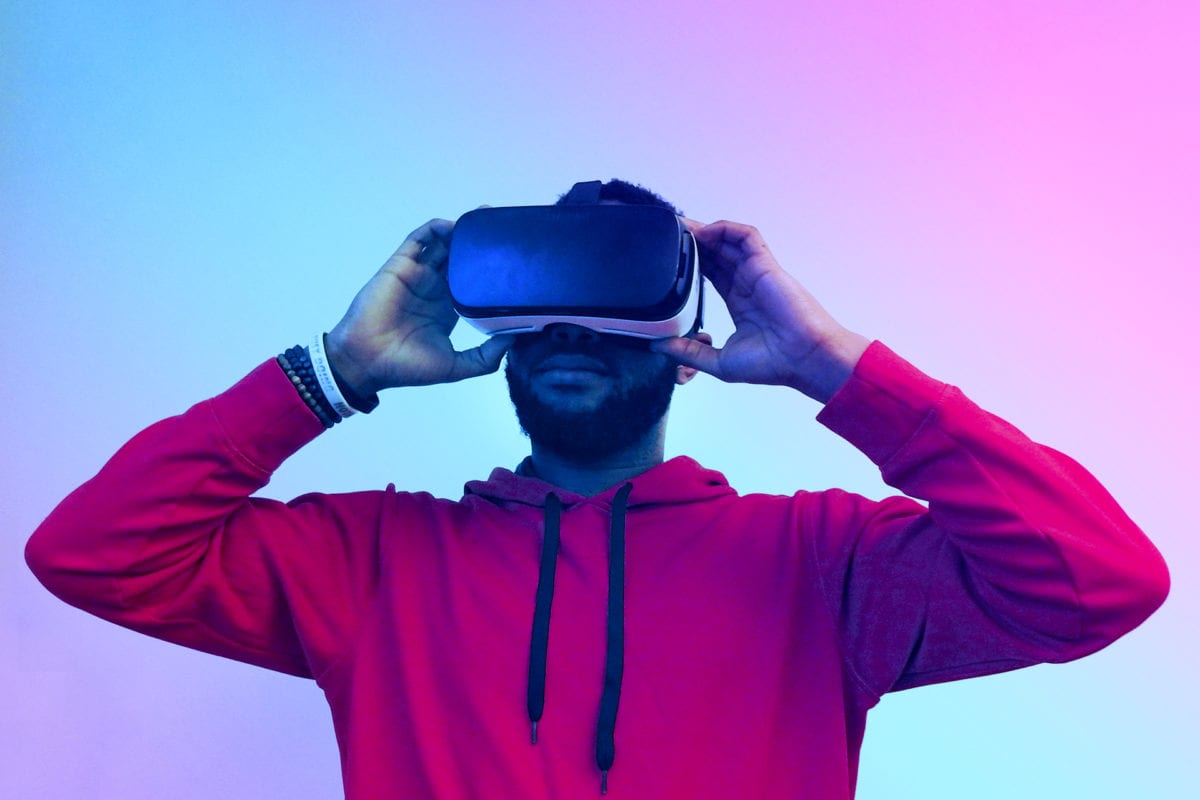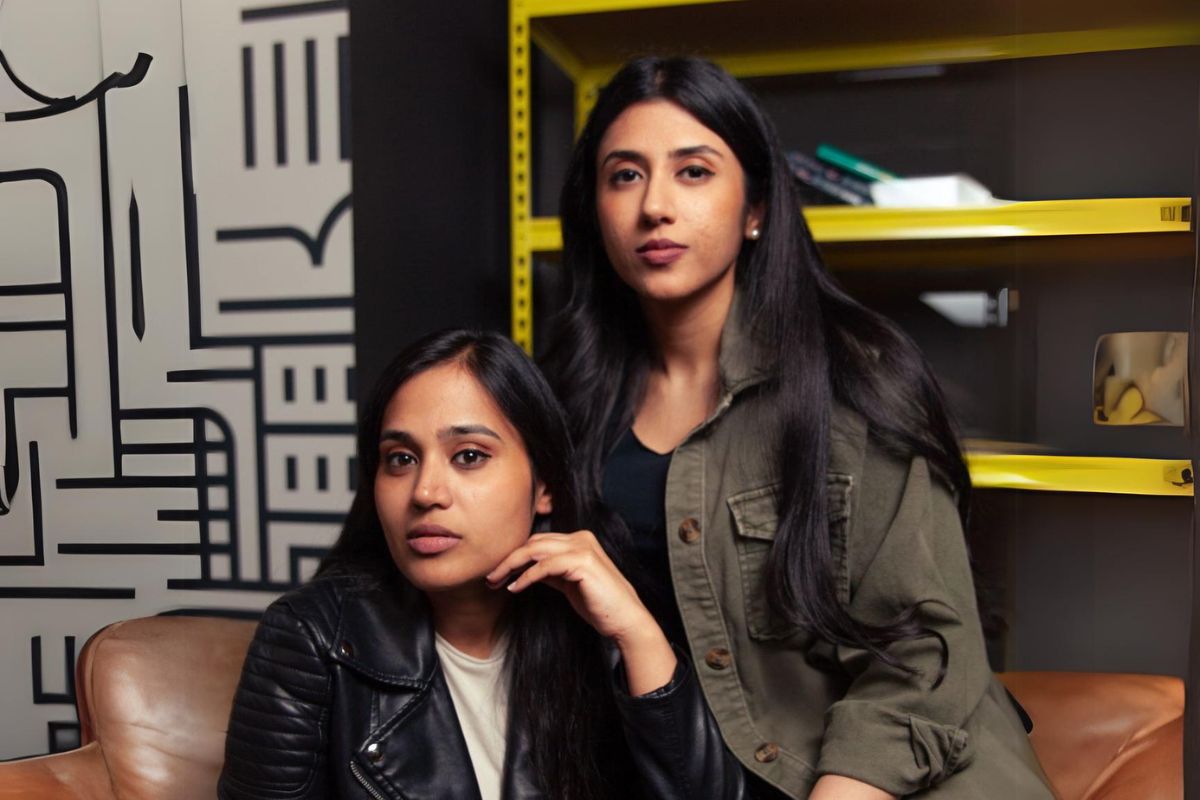In the aftermath of the George Floyd murder in 2020, Stephen Dorsey found himself at the centre of the discourse around racial inequality in Canada when a neighbourhood hardware store owner put up an All Lives Matter sign on his marquee. Dorsey went and met and interviewed the store owner and later wrote an article about his thoughts on the interaction — this further sparking the development of a book published last year. Dorsey has a unique perspective on identity in Canada. Black & White: An Intimate Multicultural Perspective on “White Advantage” And the Paths to Change is part-memoir, part-history lesson, and part-DEI information guidebook and ideas around paths to real change.
Aside from being an author and activist, you’re also a marketer and a DEI consultant. Can you expand on how all of that came together?
This year marks my thirtieth year as a marketer. I started as an integrated marketing person with Bose Corporation all the way back in 1993. Before that, I had a 14-year international career in the hospitality business. I have always been a marketing guy; I have done essentially everything in that role that evolved with media technology and approaches. I have worked with start-ups and large corporations and have now consulted for more than half of my career — the last 16 years based here in Toronto.
The extensive research that I did for my book on equity, diversity, inclusion, and systemic racism further informed and drove me to want to do something to bring about change, and that led me to engage with all kinds of organizations. I’ve recently joined the board of the Black Business and Professional Association [BBPA] which is a leading community-based organization supporting Black professionals across Canada.
My expanded focus on DEI consulting was a natural evolution based on my newly gained knowledge in the space, and my assessment that many organizations could benefit from having someone with expertise in marketing communications and audience engagement, and whose authentic, lived experience could deliver added credibility.
I’ve had the privilege of interviewing and engaging in conversation with amazing people doing the work on the front lines within community and corporate organizations. I’ve consulted on some of the work they are doing and offered perspectives on how they could improve and enhance their programs. My approach seems to be resonating with diverse stakeholders who have seen the benefit of the differentiated value I bring to the table.
What are some ways that businesses and executives can work towards anti-discriminatory policies and educate themselves and their employees?
Let’s look at the positive side of things first. There has been a huge growth in awareness since the murder of George Floyd, which is excellent. There has been some movement by [the] government to try to come up with equity policies that can support traditionally underserved communities and marginalized communities — Black people, people of colour, and Indigenous communities — through funding and programs. The BBPA is one of the organizations that’s benefited from that added financial government support — enabling them to deliver more programs to Black professionals and entrepreneurs across Canada.
We’ve also seen corporations develop DEI strategies and actually create departments that develop programs to engage their employees and their customers and really bring that together. We’ve seen the Black North Initiative that Wes Hall launched, which has now engaged more than 500 corporations focused on increasing representation in corporate leadership roles and at the board level. So, there has been some tangible action and progress.
I think a lot more needs to be done a lot faster in terms of creating diversity talent pipelines [and] talent pools of Black people, Indigenous people, and people of colour so that eventually, you can have more representation at the leadership level. You can’t just wish for Black leaders. They have to come from somewhere, and they need to be nurtured up over time.
In terms of answering your question, “What more can be done?” I think corporations and corporate leaders need to go much deeper. Go deeper into the community and work with community organizations to create and grow this pool of talent. For example, young people in traditionally underrepresented communities may not even be aware that there are careers in insurance, engineering, banking, and finance because they many have not been exposed to that. These may not be careers they’ve been exposed to or have seen modeled in in their social networks and communities. So, how do you create those vision careers of what is possible? You have to go and connect [within] the community and inspire those young people. You have to create more opportunities for internships and mentorships. There are organizations that are also creating targeted training specifically to address existing labour gaps that can be partially solved through an alignment of made available, diverse talent.
For example, the CEE Centre for Young Black Professionals is an in-community organization that focuses on youth and prepares them through added skills training so they can go into entry level roles in various sectors including the film and media industry — doing so in collaboration with government, businesses, and unions. I think the biggest thing from a business perspective is that business organizations, big and small, need to go much deeper and do the work in collaboration with community organizations that are on the ground and know how to best develop talent to help feed and grow the diversity pipeline. This important work will eventually lead to more representation in leadership from the Black community, Indigenous community, and people of colour, across the board.
Do you have any advice or final thoughts for our audience of entrepreneurs?
In my book, I detail a call-to-action, which is in the title of my last chapter: “Be Better, Do Better, Live Better, Together.” Being better is to become purposefully aware of the real issues of today and the historical truths. I lean a lot into Indigenous learnings in regard to truth and reconciliation. I think we need a broad understanding and acknowledgement of the truths of the past and the continuing negative realities of systemic inequality and racism of today. Once we have a broad consensus on those truths and an acknowledgement of them, only then can we have true reconciliation. So, that’s “being better.”
And then, “doing better.” Once there’s a broader awakening and we’ve done the work of truth and reconciliation — a level setting where a critical mass of citizens has the same understanding — then we can begin to do big and small things to make a change happen. We just talked about some of the things we can do in business, but there’s lots we can do individually and within our communities. You can support Black businesses in community, be a mentor, or if you own a business, create internship opportunities for Black youth. And next time you’re around the Thanksgiving dinner table and someone says something that is discriminatory or prejudiced — call them out in a thoughtful manner rather than letting it pass without comment. It’s an important way to model to others. Just a few examples to note that there’s lots to do.
Of course, there’s big things in the “doing.” There are government policies that need to change in regard to systemic inequality in education, healthcare, and other areas. Those are big challenges that need to be addressed. If you’re in a leadership position, then you should be able to use some of your energy and expertise to move those things forward toward change. Eventually, as we collectively do more and say more and make change happen, we will get to a place in Canada where we will be living in a more just and equal society, which is what Canada represents to the world. But we could all do a much better job in making that a reality for all Canadians.
Rose Ho | Contributing Writer

